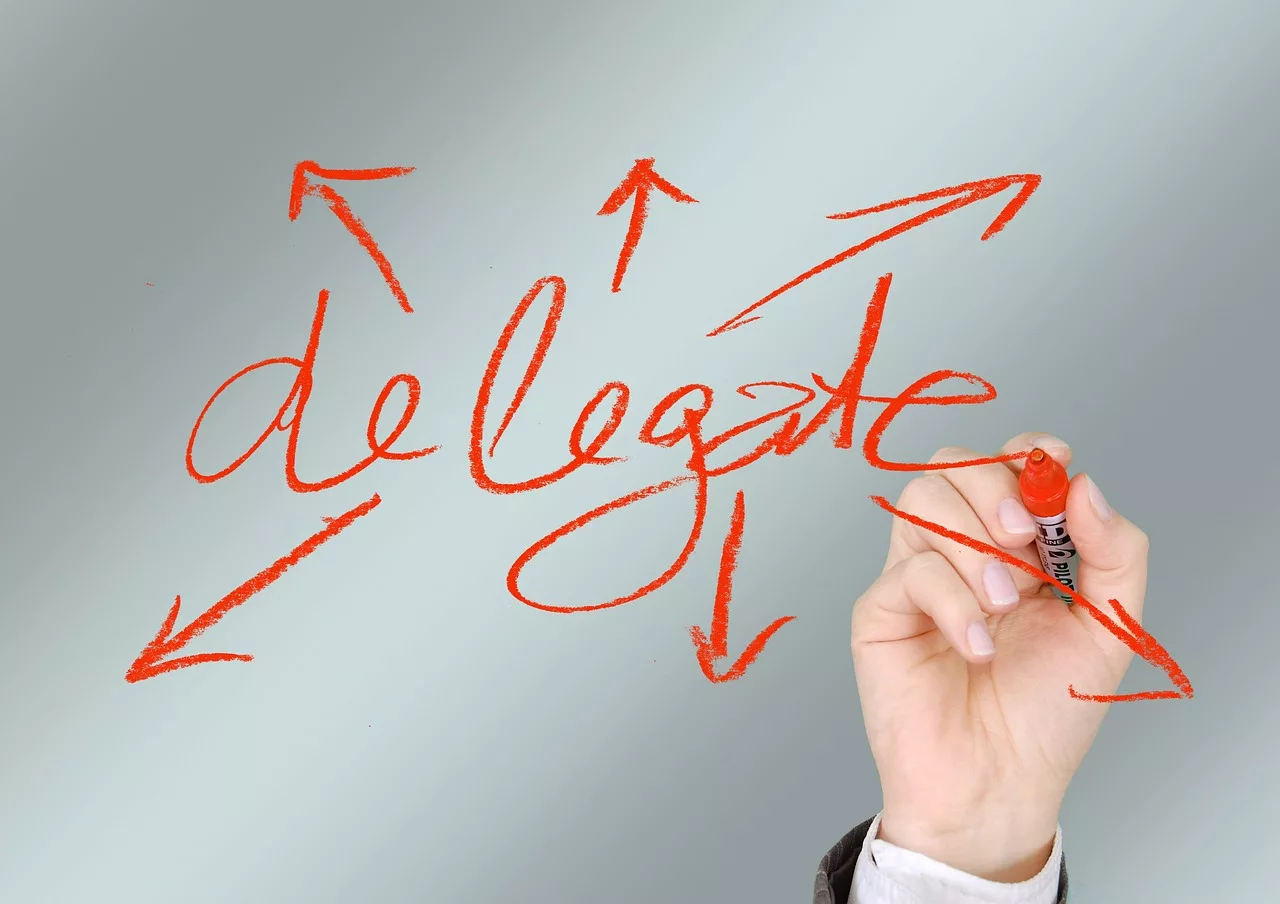Conflict Resolution Skills for Reducing Anxiety and Depression Symptoms
Conflict is an inevitable part of life, and while it can be uncomfortable, it doesn’t have to be a source of anxiety and depression. Developing effective conflict resolution skills is crucial not only for maintaining harmonious relationships but also for mental well-being. In this blog post, we’ll delve into how conflict resolution can help reduce symptoms of anxiety and depression and explore practical strategies to manage conflicts constructively.
The Link Between Conflict and Mental Health
Conflict, whether at work, home, or in social settings, can significantly impact mental health. Unresolved conflicts often lead to chronic stress, which can manifest as anxiety and depression. According to the American Psychological Association, prolonged exposure to stressful situations can trigger or exacerbate mental health issues. Therefore, learning to navigate and resolve conflicts effectively is essential for mental well-being.
Understanding Conflict Resolution
Conflict resolution involves the process of identifying and addressing disagreements in a way that is constructive and beneficial for all parties involved. Effective conflict resolution fosters open communication, mutual understanding, and cooperation, which can alleviate the emotional burden associated with conflicts.
Key Conflict Resolution Strategies
-
Active Listening: One of the most critical conflict resolution skills is active listening. This involves paying full attention to the speaker, acknowledging their perspective, and responding thoughtfully. Active listening not only helps in understanding the root cause of the conflict but also demonstrates respect and empathy, which can de-escalate tensions. To further improve your active listening skills, explore more about Listening.
-
Effective Communication: Clear and assertive communication is vital in conflict resolution. This means expressing your thoughts and feelings honestly while being respectful of others. Utilizing “I” statements, such as “I feel” or “I believe,” can help convey your message without sounding accusatory. Learn more about the importance of Communication Skills in conflict resolution.
-
Empathy and Understanding: Empathy involves putting yourself in the other person’s shoes to understand their feelings and viewpoints. By showing empathy, you can create a more supportive environment where both parties feel heard and valued, making it easier to find common ground. For more on developing empathy, check out Empathy.
-
Problem-Solving Approach: Approach conflicts with a problem-solving mindset. Identify the core issues, brainstorm possible solutions, and evaluate the pros and cons of each option. This collaborative approach can lead to mutually beneficial outcomes and reduce feelings of helplessness and frustration. Discover more about effective Problem Analysis techniques.
Impact of Conflict Resolution on Anxiety and Depression
Effective conflict resolution can significantly reduce symptoms of anxiety and depression. Here’s how:
-
Reduced Stress Levels: By addressing conflicts promptly and constructively, you can prevent the build-up of stress and anxiety. Knowing that you have the skills to manage conflicts can also boost your confidence and reduce anticipatory anxiety.
-
Improved Relationships: Healthy relationships are a key factor in mental well-being. Effective conflict resolution strengthens relationships by promoting trust, understanding, and cooperation, which can provide emotional support and reduce feelings of isolation. Read more about building strong Interpersonal Skills.
-
Enhanced Emotional Regulation: Conflict resolution skills help you manage your emotions better. By practicing techniques like active listening and empathy, you can stay calm and composed during conflicts, which can prevent emotional outbursts and subsequent feelings of guilt or regret.
Practical Tips for Practicing Conflict Resolution
-
Stay Calm and Composed: Take deep breaths and try to stay calm. This will help you think clearly and respond rationally rather than reacting impulsively.
-
Focus on the Issue, Not the Person: Address the specific issue at hand without attacking the person’s character. This helps keep the discussion objective and prevents it from becoming personal.
-
Set Boundaries: Establishing clear boundaries can prevent conflicts from escalating. Let the other person know what behaviors are unacceptable and what you need to feel respected.
-
Seek Professional Help: If conflicts are causing significant distress and impacting your mental health, consider seeking help from a therapist or counselor. They can provide you with additional strategies and support to manage conflicts effectively. For more insights, consider exploring Conflict Management techniques from trusted sources.
Conclusion: Key Takeaways
In conclusion, developing conflict resolution skills is essential for reducing anxiety and depression symptoms. By practicing active listening, effective communication, empathy, and problem-solving, you can manage conflicts constructively and promote mental well-being. Remember, the goal is not to avoid conflicts altogether but to handle them in a way that minimizes stress and fosters positive relationships.
Investing in conflict resolution skills not only enhances your interpersonal relationships but also contributes to a healthier, more resilient mental state. So, the next time you find yourself in a conflict, take a deep breath, employ these strategies, and watch how it positively impacts your mental health. For more on building resilience, explore Resilience and its importance in maintaining mental well-being.

